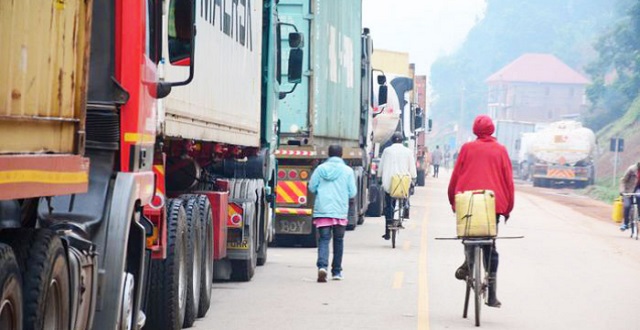
But 2021 general election might affect pace of growth
Kampala, Uganda | ISAAC KHISA AND PATRICIA AKANKWATSA | Companies, businesses and ordinary folks are cautiously optimistic that 2020 will be a better year though projections point to a rough business terrain owed to the much anticipated competitive 2021 election campaigns.
This signals the need for companies, businesses and the local population to cut on unnecessary expenditure as well as borrowings to navigate through the anticipated economic shocks.
Interest rates, electricity prices and inflationary pressures are expected to take a northward direction amidst the high levels of unemployment.
On the other hand, foreign investors are likely to stand on the fence and watch how politics take shape to determine their next investment decisions. This will, in the due course, impact on the performance of the stock market.
The good news with this, however, is this year presents an opportunity for anyone to invest in government securities as the yields are expected to rise.
Though individuals, companies as well as businesses have a good share of responsibility in navigating this anticipated economic reality, the government, equally, will have a key responsibility to stem the skyrocketing public debt as well as stimulate economic activities that will trickle down benefits to the local citizens.
This comes as latest data from Bank of Uganda shows that the country’s public debt stood at Shs47.3trillion as at the end of August last year.
So far, a section of government technocrats have raised an alarm saying that the debt could soon start biting the local population and so is the economy and businesses.
This is confirmed by the Secretary to the Treasury, Keith Muhakanizi’s remarks to the diplomats and economists at the International Monetary Fund meeting held in Kampala in October last year.
Muhakanizi said that the government now needs to reserve cash to pay for the generated but unconsumed electricity for the next five years.
He revealed that the government has realised that citizens cannot consume all the electricity generated yet all of it has to be paid for.
The government borrowed $1.9billion from China’s Import Export Bank towards the construction of the 183MW Isimba and the 600MW Karuma Hydropower Dams.
The government commissioned Isimba in April 2019 bringing the coutry’s total electricity installed capacity to 1200MW yet consumption stands at merely 600MW during peak hours.
The government hopes to commission Karuma Dam this year, a development that will increase installed electricity capacity to around 1,800MW.
URA target
In terms of Uganda Revenue Authority’s role, the government is proposing an increase in revenue collection target from Shs20.04trillion in the Financial Year 2019/2020 to Shs21.54 trillion in the Financial Year 2020/2021.
This would later finance the proposed Shs39.64 trillion election year budget and meet some debt obligations. Surprisingly, this is slightly lower than the current Shs 40.48 trillion budget.
According to the projections as stated in the budget framework paper, Shs 20.040 trillion is expected to come from tax revenue while Shs 1.505 trillion will come from Non-Tax Revenue (NTR).
Finance Minister, Matia Kasaija said domestic revenue will grow at an average of 0.6 percentage point of Gross Domestic Product over the medium term and will be supported by implementation of the Domestic Revenue Mobilization Strategy (DRMS) and oil revenue receipts.
He says the revenue performance will be driven by development and implementation of a comprehensive compliance plan targeting tax evasion and aggressive tax avoidance.
 The Independent Uganda: You get the Truth we Pay the Price
The Independent Uganda: You get the Truth we Pay the Price


